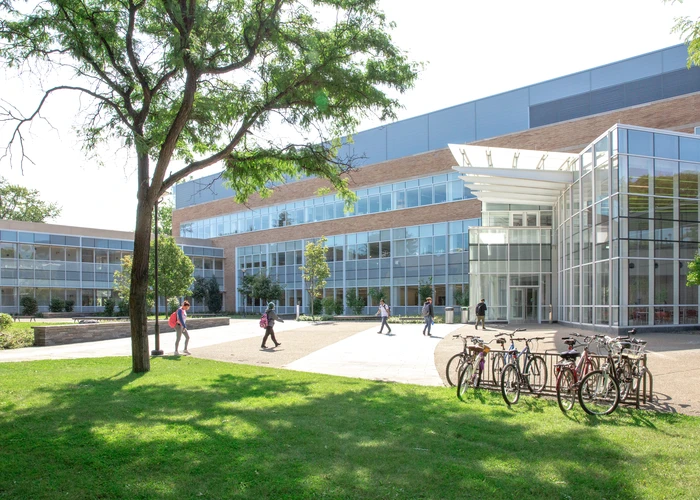Two Degrees, Endless Opportunities
Fredonia’s Cooperative Engineering program offers a unique blend of liberal arts, science, and engineering, designed to prepare you for a dynamic career in the field. Through partnerships with 13 prestigious engineering schools, this program lets you earn two degrees while gaining the flexibility to shape your own path in engineering—all at a significantly reduced cost. Get the best of both worlds—liberal arts education and engineering expertise.
What You’ll Gain:
- Two Degrees: Maximize your marketability with both a liberal arts and an engineering degree, offering you a decisive edge in today’s job market.
- Cost Savings: Spend your first three years at Fredonia, saving on tuition while receiving high-quality education, before transferring to one of our partner engineering schools.
- Top Engineering Affiliations: Partner with schools renowned for their engineering programs, with seamless credit transfer and recognized general education requirements.
- Tailored Physics and Engineering Courses: Fredonia’s curriculum includes key engineering courses like Engineering Mechanics, Circuit Analysis, and Thermodynamics, preparing you for advanced study.
- Scholarships: Access scholarships specifically for Cooperative Engineering students, along with general university-wide financial aid opportunities.
- Vibrant Student Life: Participate in active Physics and Engineering Clubs that engage you with peers, faculty, and the science community.
- Proven Success: With over 450 successful graduates, Fredonia’s program is tested and respected by industry leaders.
Fredonia’s Cooperative Engineering program is your gateway to a successful career in engineering.















